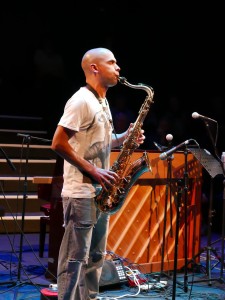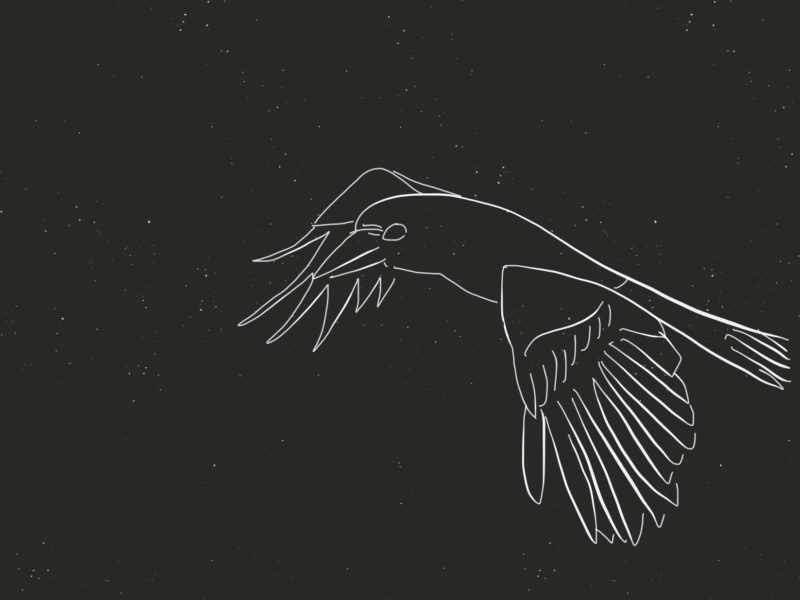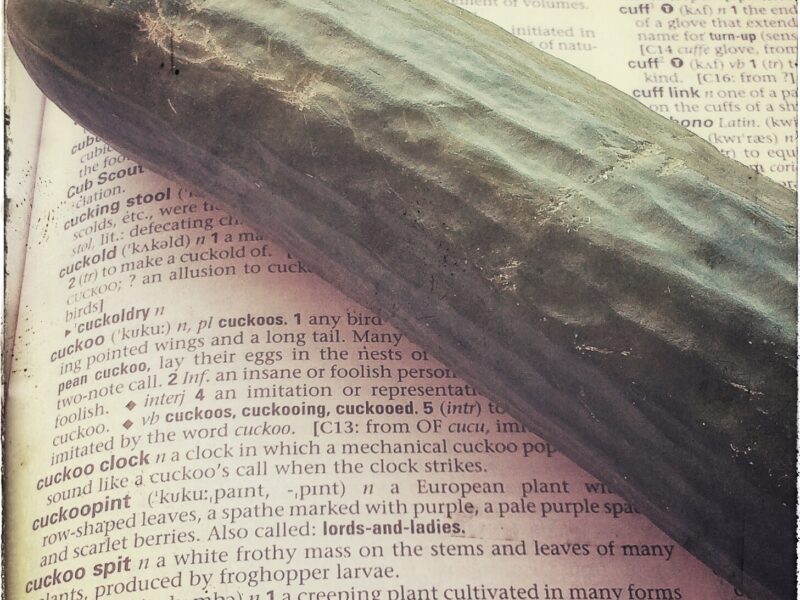London can never be silent. Like any city it’s a generator, always on, always on maximum. Doors and windows do little to dull the amplitude of its eight million residents. The sound translates to galleries and museums, whose stone floors and vaults echo schools of visitors commenting on and photographing everything. A brisk walk through the lion hunts of Assyria; a selfie by a butchered sequoia. Every mobile language on the planet sounding off.
You can hear the underground through a hotel pillow in a basement room near St Pancras. You can’t hear Shakespeare in the Globe for all the charter copters and commercial flights. Bloomsbury has the tap of polished shoes about its streets; Westminster shuffles and scuffs. Hackney’s is the synergistic thrust.
Gulls pursue the tugs and the river haulers up and down the Thames while pigeons leave the parks to the swans and pick instead amongst the street litter.
Somewhere in the city, something is being dug up, something is being buried, something is being diverted. All the while the rail pistons in commuters from every cardinal point, and long-haulers orbit on the M25.
This is the soundscape from which Binker and Moses’ music comes, and it’s key to understanding their work. Before starting their gig at The Cockpit, Binker Golding (tenor saxophone) pays his respects to the humble 4/4 metre. Sure, you can compose your jazz licks in complex or mixed metres if you like… But they don’t like.
The session begins with a foundation of carefully laid oriental riffs and beats, Moses Boyd’s double headed drumsticks switching out soft and hard strike quarters across the toms and snare before Binker brings the tempo up to rush hour. The intensity is remarkable. Binker’s refrains, climbing on Moses’ scaffolding, give a tower’s eye view of the city: everyone and everything clambering and jostling to be on top or crawl out from the bottom. It becomes disquieting, enforcing your attention, but never crosses the line into collapsed improvisation, though it toes it once or twice.
Moses takes a solo while Binker rubs his numb lips back to life. A saxophone lead gives Moses a free beat to prod his phone with a drumstick for a time check. All the while, the guys play on, taking one piece seamlessly into the next. It’s the lack of a pause which separates this performance from the album recording. There’s no time to reflect, no silence in which to resist. Of the best jazz — as of the best art — a partial, interrupted attention is a barrier to comprehension. Binker and Moses aren’t going to be the first to blink.
Dem Ones could be an anthem for New York city, or possibly suburb-Paris. But it’s not — it’s London. And London will never be silent.





